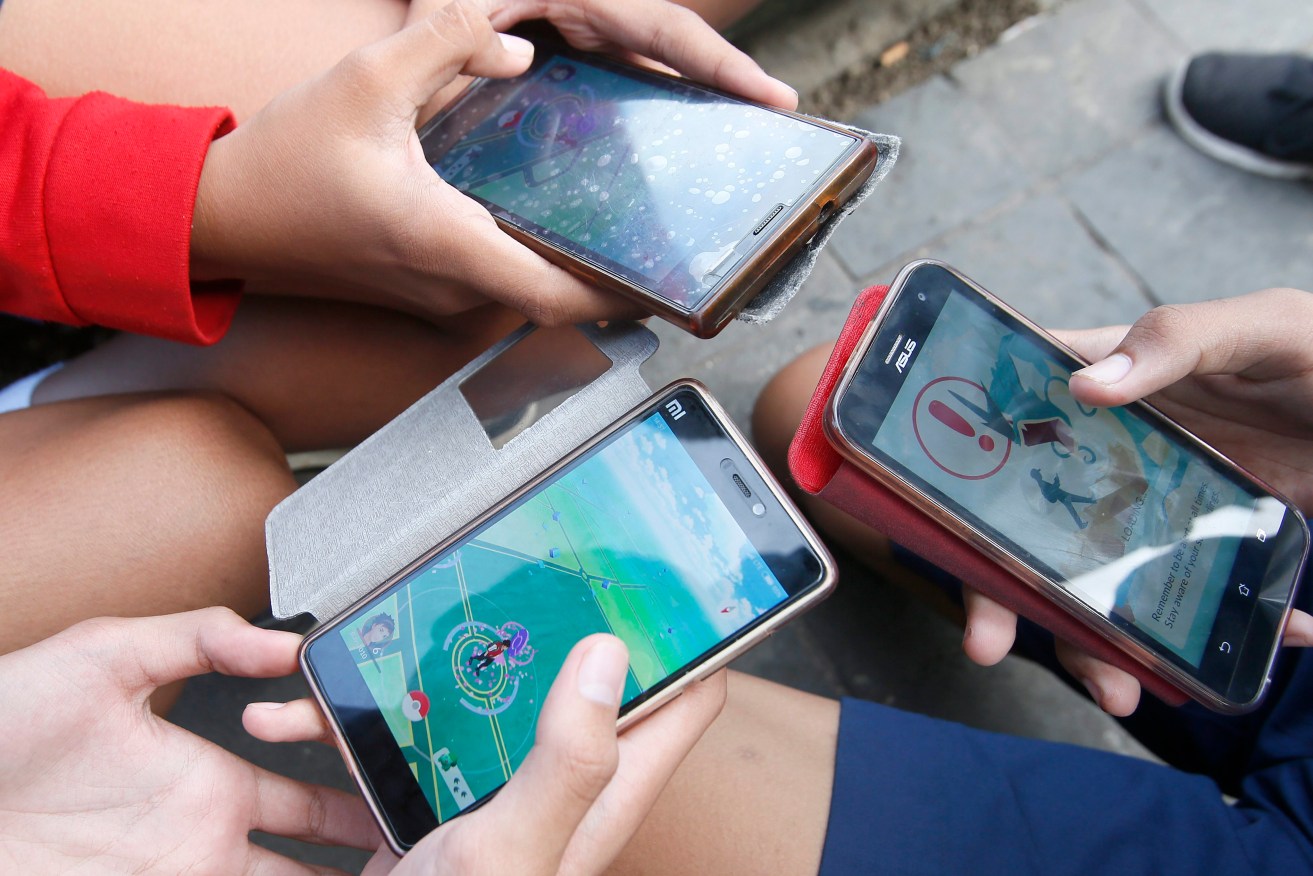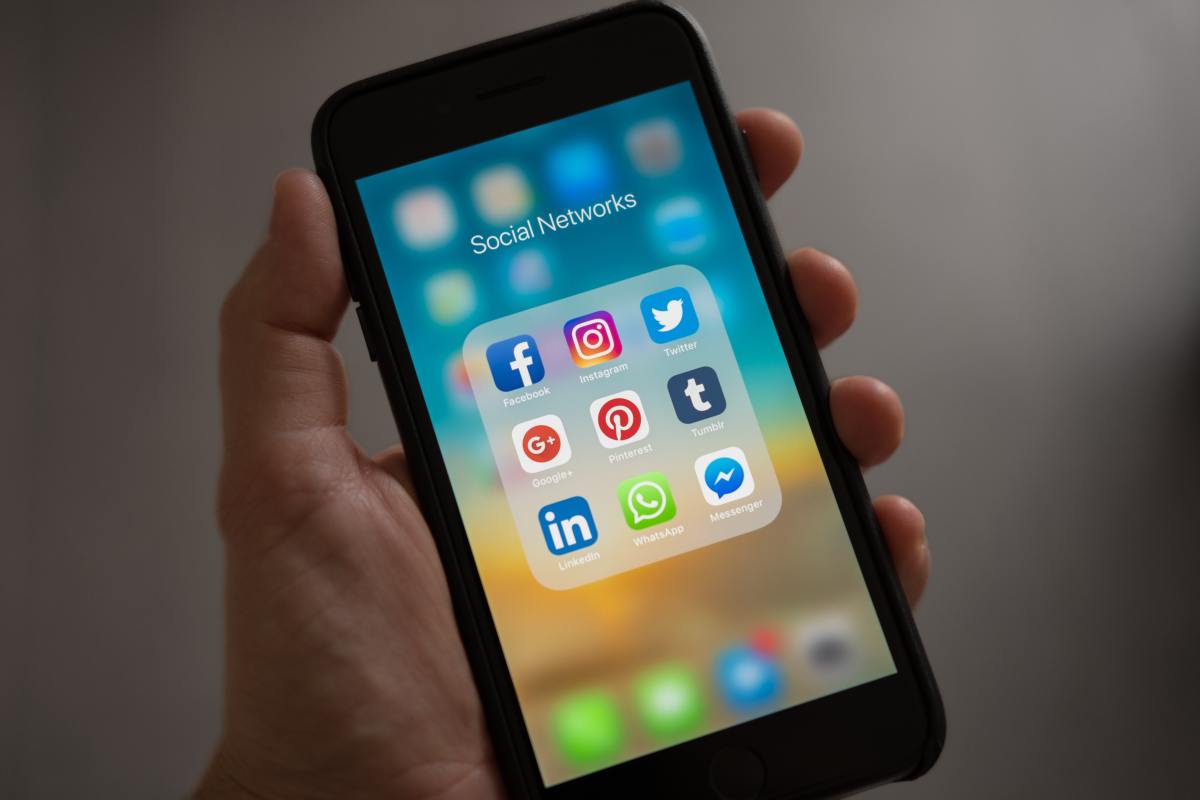Poor reception for high school mobile phone ban
A ban on mobile phones in South Australian high schools is set to go ahead, with teachers accusing the State Government of “populist politics”.


Photo: MADE NAGI/EPA
Education Minister Blair Boyer told InDaily the Government was “absolutely still committed” to imposing a phone ban across SA public schools, after Labor promised in 2019 it would do so if it won the next election.
“I have asked the Education Department to look at how this policy has been implemented in other states to come up with the best model for South Australia,” he said.
“We know mobile phones can be highly distracting, reduce concentration and are also a means for bullying to occur during class times.”
But the teachers’ union and secondary principals’ association believe the current policy – which allows individual high schools to make their own decisions about how to manage mobile phone use – is a better practice.
Mobile phones are already banned in SA government primary schools.
Private schools can make their own decisions.
Australian Education Union state president Andrew Gohl said there would be problems with a blanket phone ban across schools.
“Essentially this is populist politics and typically the issue is far more complex on the ground than politicians conceive,” he told InDaily.
“A range of views would be apparent within the profession from supporting a ban to a more pragmatic approach which utilises mobile phones as legitimate tools – mini computers – for the purposes of research and other problem-solving.”
Gohl said some parents would be unlikely to support a widespread ban because they were “comforted by the prospect of immediate contact with their child if need be”.
“So, the current policy to allow schools to develop an agreed policy on acceptable mobile use with staff, students and parents seems a far more sensible approach supporting teaching and learning when need be, utilises the phone as a tool for learning when and if appropriate, and establishes an understanding of mobile phone etiquette in the adult world,” he said.
Gohl said complete prohibition and the policing of that would “precipitate conflict between educators, schools, students and parents”.
“Making educators act as ‘mobile phone police’ at all times is a pointless exercise if schools are not supported to implement consequences for recidivists,” he said.
“What is essential is that teachers are given the power to ensure that phones are switched off and put away while students are engaged in learning and explicit instruction.
“Students, like adults, need to be respectful about mobile phone use and when it is appropriate for phones to be on and off. There need to be consequences for those who are distracted or distract others by inappropriate mobile phone behaviour.
“However, recalling the expectation that teachers act as ‘mask police’ to enforce a mandate for secondary students to wear a mask was undermined by the Education Department who, in refusing to allow teachers to implement consequences for disobedient students, rendered the mandate ineffective.”

Stock photo: Tracy Le Blanc/Pexels
While hesitant about a blanket ban, Gohl was more open to schools considering the use of “lockable mobile phone pouches” that allow students to take phones to school but have them put away so they can’t make calls and send messages whenever they feel like it.
“There have been successful trials to this effect though not all schools may be able to afford this,” he said.
Jayne Heath, chief executive of the SA Secondary Principals’ Association, said decisions around phone use should be left to individual schools to make but with guidance from the Education Department.
“Mobile phones are an important part of everyone’s life actually and unfortunately it’s how people actually use them that’s the problem, it’s not actually the phone itself,” she said.
“If you remove the phone at secondary school level they’ll find an alternative way of accessing social media or being involved in social media.
“Just saying we’re going to ban them… is actually not going to help manage that in a school and not help a young person to learn how to manage that in a responsible, ethical, safe manner, which is ultimately what they need.”
Heath said a blanket ban wouldn’t be helpful because “every school has its own context”.
“There are a whole lot of kids that use phones in an incredibly responsible way and use it as an integral part of their learning and a blanket ban for them is maybe not appropriate,” she said.
“Once you start working with adolescents… some of the lessons that some of them learn best are those lessons through experience.
“Having a conversation at a point in time with a young person about how they’re going to use it in class… and monitoring how they use it is often a very effective way for them to do that and to show that you trust them to do it in that way.
“And that this is what the trust enables but also what you need to do to have that trust is an important part of growing up.”
Heath said problems with mobile phone use in schools varied across sites.
“You cannot deny it’s a problem in some cases at some points in time with some kids but they’re also an incredibly handy, useful device – we all use it for everything,” she said.
Heath said one principal recently expressed concern about an outright ban because some students used their phones to order lunch at the canteen.
Opposition education spokesperson John Gardner, who introduced a ban for primary schools last year when he was minister, said “we undertook a thorough and rigorous assessment of what schools were doing, what support school leaders and staff needed, and what was in students’ best interests”.
“As a result we banned phones in primary schools and required high schools to take a position re phones based on their circumstances and their use,” he said.
“Labor’s original policy… was to have a trial but then they changed their position to an outright ban in all high schools, with exemptions for certain circumstances.
“From what I’m hearing the sort of exemptions they’re talking about sound so broad that I’m not sure how much is actually going to change in real life but we’ll see.”




